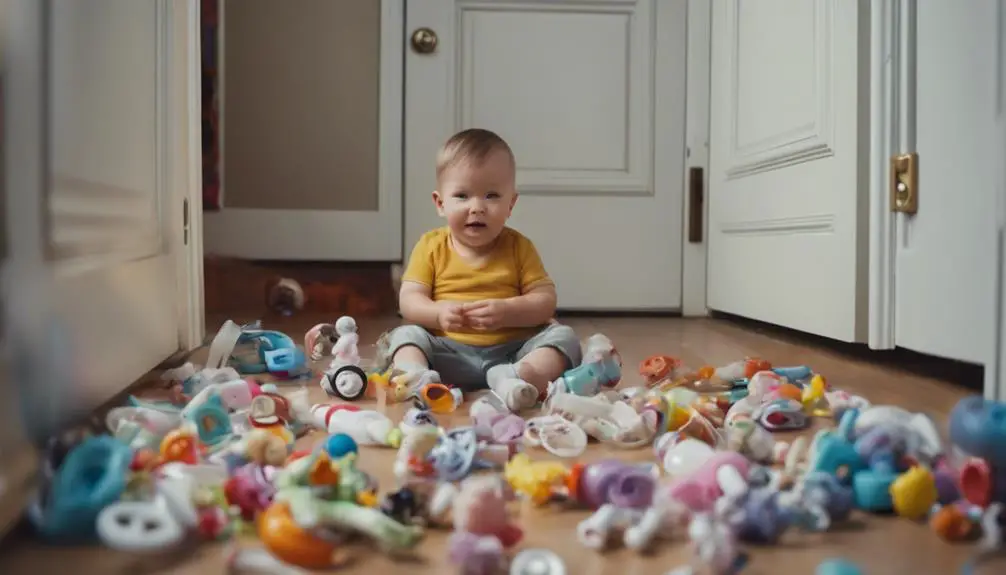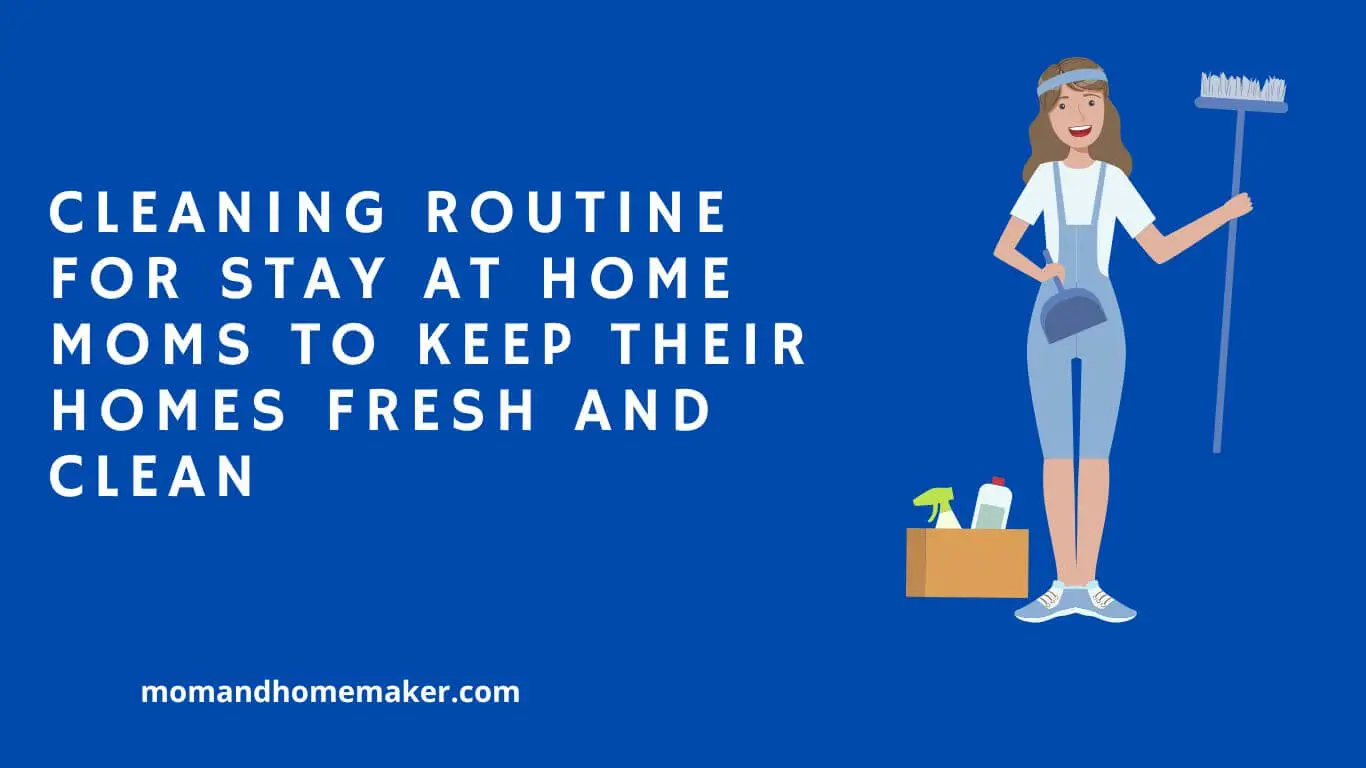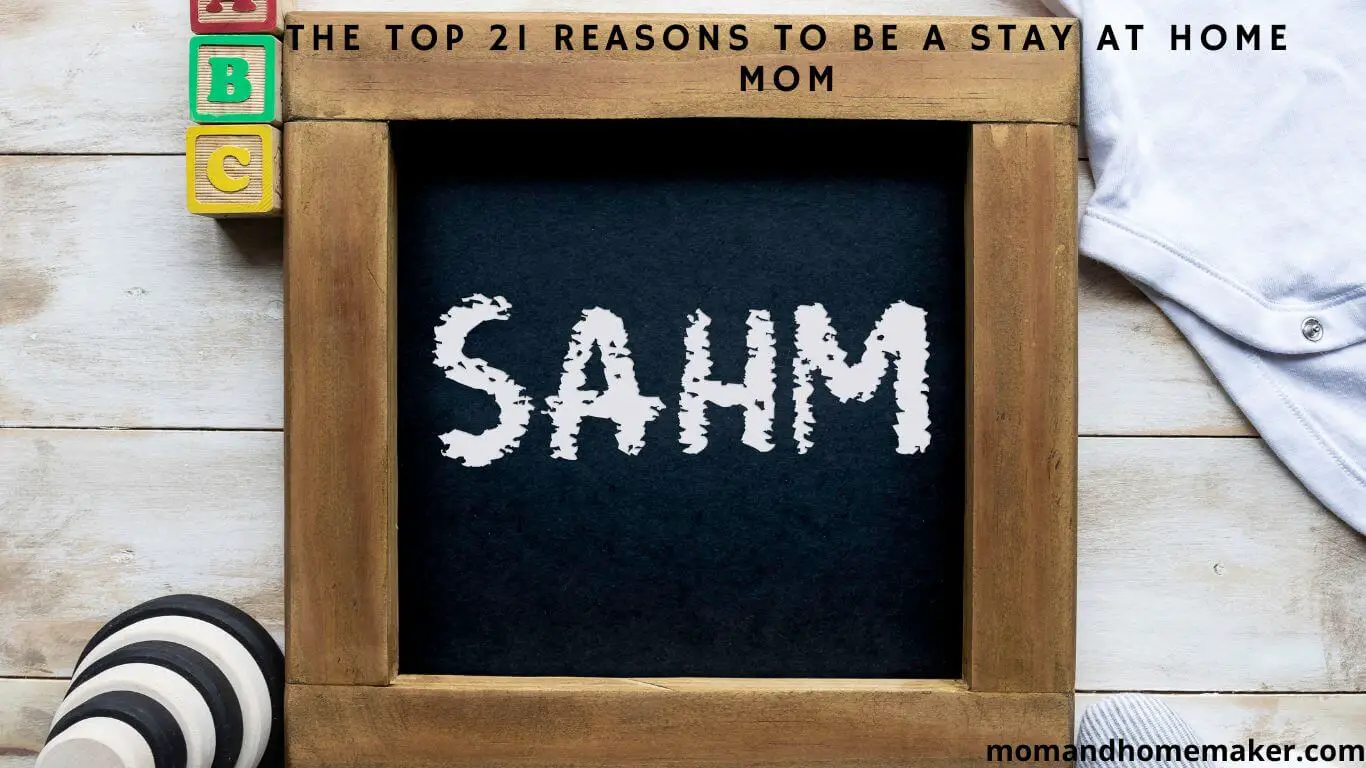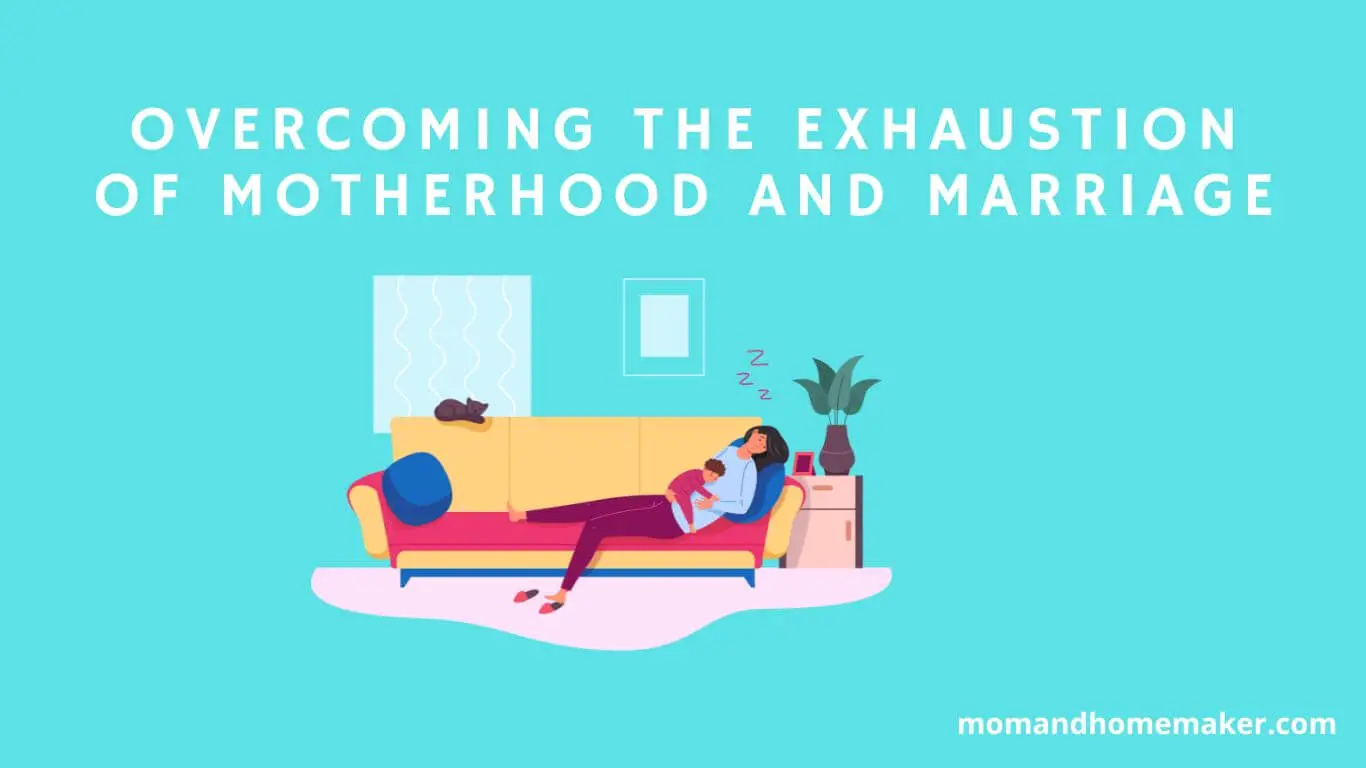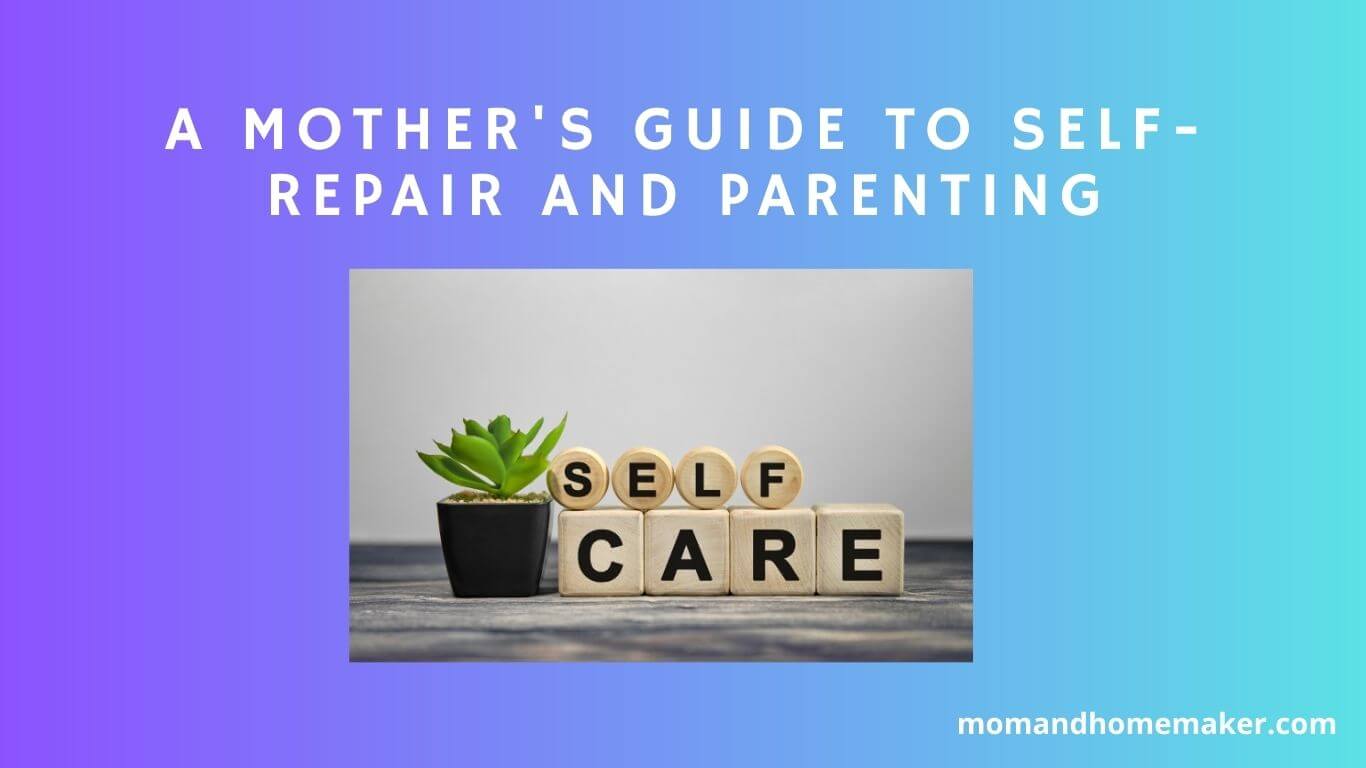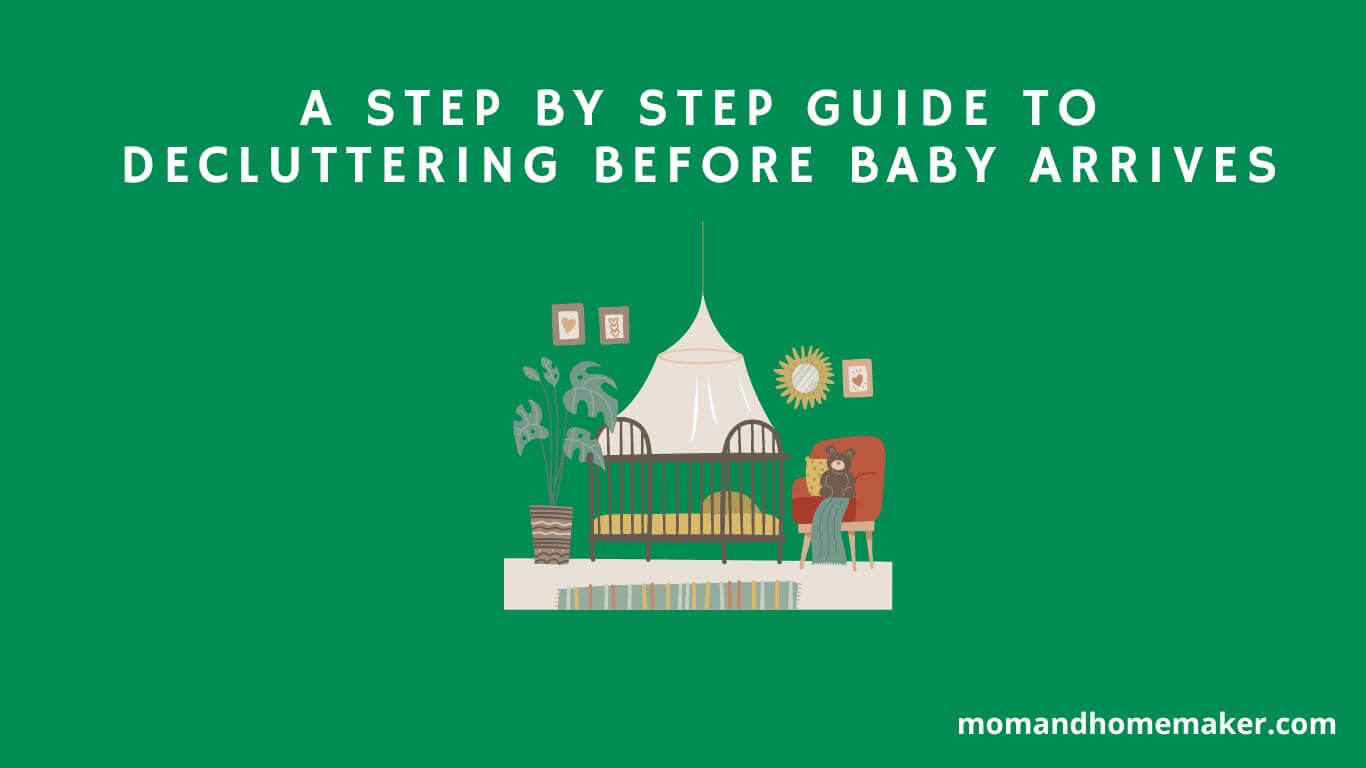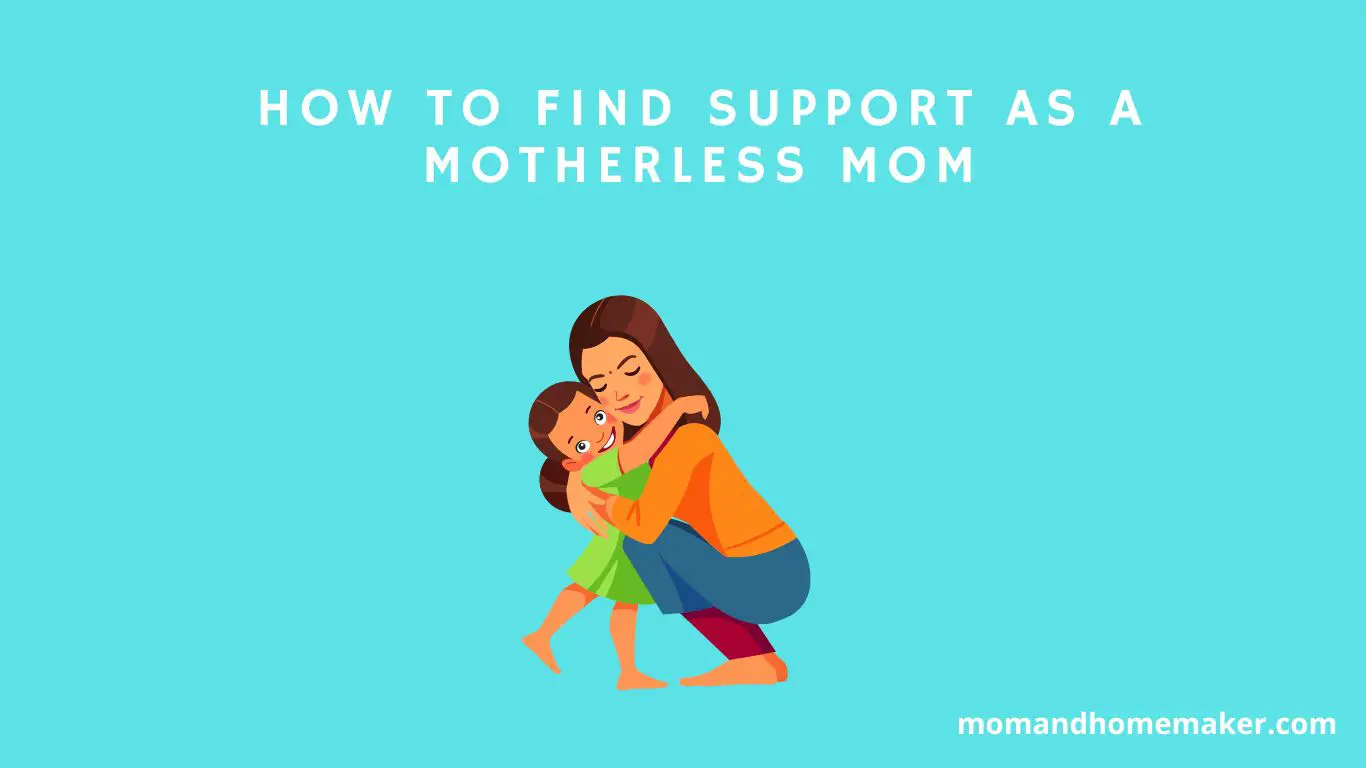Have you ever thought about becoming a parent, only to realize that the desire to have children has faded away?
You might be curious about the term used to describe this change in perspective.
The reasons for this shift are complex and personal, involving various factors that influence your outlook on life.
As you delve deeper into this topic, you’ll see that deciding not to have children is more than just a simple choice—it’s a nuanced interplay of values, goals, and societal expectations shaping your future.
Reasons for Choosing Child-Free Lifestyle
Choosing a child-free lifestyle offers individuals the freedom to prioritize their own goals and interests without the responsibilities of raising children.
In a society where cultural norms often emphasize parenthood as a natural part of life, going against this expectation can be challenging. However, it’s important to remember that the decision to be child-free is a personal choice based on lifestyle preferences.
External pressures to have children may stem from family expectations or societal norms that view having kids as a standard life milestone. Despite these influences, it’s crucial to listen to your inner voice and make decisions that align with your values and aspirations.
Serving others can take many forms beyond traditional parenthood, such as volunteering, mentoring, or pursuing a career that positively impacts society.
Impact on Relationships and Marriage
Choosing not to have children can have a significant impact on your relationships and marriage. This decision can bring about various emotional changes and alter how you interact with your partner.
Here are three ways this choice might influence your relationships and marriage:
- Relationship Dynamics: Opting out of parenthood can shift the dynamics between you and your partner. With no children to raise, you may find yourselves focusing more on each other’s needs and desires. This shift can deepen your emotional connection and strengthen your bond in unique ways.
- Emotional Impact: Deciding to remain child-free can evoke a range of emotions for both you and your partner. It’s crucial to openly communicate about these feelings and offer support to each other as you navigate this path together. Understanding each other’s emotions can lead to a more empathetic and compassionate relationship.
- Marital Communication and Future Plans: Effective communication within your marriage becomes essential when choosing a child-free lifestyle. It’s vital to discuss your plans, goals, and aspirations to ensure alignment. This may involve conversations about envisioning your life together without children and the necessary steps to achieve those dreams. Open and honest communication can help lay a solid foundation for your future as a couple.
Career and Personal Fulfillment Priorities
When you choose not to have children, your focus shifts towards prioritizing your career and personal fulfillment. Opting out of parenthood allows you to fully commit to advancing in your career and growing personally.
Without the responsibilities of raising children, you can concentrate on excelling in your chosen profession, pursuing your interests, and enhancing your skills to achieve new milestones in your work life.
Deciding not to have kids enables you to direct your energy towards reaching your career aspirations. This may involve taking on new opportunities, striving for promotions, and dedicating time to networking to broaden your professional prospects.
Moreover, without the demands of childcare, you can invest more time in self-improvement and personal growth. This could entail pursuing further education, enjoying hobbies that bring you happiness, or embarking on journeys of self-discovery to enhance your overall well-being.
Financial Considerations and Freedom
Considering the impact on your finances and personal freedom, opting not to have children can offer you more flexibility in managing your money and pursuing your financial objectives. This choice enables you to prioritize your own needs and aspirations, crafting a lifestyle that aligns with your preferences and goals.
Here are three key aspects to consider regarding financial stability and lifestyle choices:
- Savings and Investments: By forgoing the financial obligations of raising children, you have the opportunity to save and invest a larger portion of your income towards securing your future. Whether you’re building an emergency fund, contributing to retirement accounts, or exploring investment options, you have the freedom to focus on enhancing your financial well-being.
- Career Advancement: Opting not to have children grants you the flexibility to pursue career opportunities that resonate with your passions and ambitions. You can dedicate time to advancing your education, taking on challenging projects, or even starting your own business without the constraints that parenthood may impose.
- Travel and Experiences: Embracing a child-free lifestyle opens up the possibility to explore the world, indulge in diverse experiences, and create lasting memories. You can plan spontaneous trips, engage in adventurous activities, and immerse yourself in different cultures, enriching your life in ways that may not have been as feasible with the responsibilities of raising children.
Emotional and Mental Well-being
Choosing not to have children can have a significant impact on your emotional and mental well-being by promoting a sense of freedom and self-discovery. Your mental health plays a crucial role in your overall well-being, and deciding on a child-free life can evoke a range of emotions.
It’s normal to feel a mix of relief, empowerment, doubt, or societal pressures. Developing coping strategies is key to effectively navigating these emotions.
To support your emotional well-being, integrating self-care practices into your daily routine can be beneficial.
Engaging in activities that bring you joy and relaxation, such as spending time in nature, practicing mindfulness, or pursuing hobbies you love, can help maintain your emotional health. Remember, taking care of your emotional well-being isn’t selfish—it’s essential for leading a fulfilling life.
Prioritizing your mental health is crucial. If you find it challenging to cope with the decision not to have children, seeking support from a therapist or counselor can be helpful. Speaking with a professional can equip you with valuable tools to manage your emotions and cultivate a positive mindset.
Social Stigma and Misconceptions
Social stigma and misconceptions surrounding the decision not to have children can lead to unwarranted judgment and pressure on individuals who choose a child-free lifestyle. This societal pressure often arises from entrenched cultural norms that shape expectations regarding family and parenthood. Here are some key points to consider:
- Societal Pressure: Picture a world where a person’s value is frequently tied to their role as a parent. This pressure can feel overwhelming as if your worth is solely determined by your choice to have children. It’s important to remember that your decisions are valid, and your worth as an individual isn’t contingent on whether you become a parent.
- Cultural Norms: In many societies, the concept of not desiring children is still widely misunderstood. People may quickly pass societal judgments, assuming that you’re selfish, irresponsible, or incapable of love. It’s crucial to challenge these misconceptions and educate others about the various paths to fulfillment and contribution beyond traditional parenthood.
- Misunderstood Choices: Your choice to not have children may be met with confusion or skepticism. Some individuals may struggle to grasp your reasons, leading to unwarranted criticism or unsolicited advice. Remember that your choices are yours to make, and they hold value, even if they diverge from conventional expectations.
Exploring Alternative Paths to Parenthood
There are various ways to create a fulfilling life without following the traditional path of parenthood. For individuals interested in nurturing and supporting others, exploring alternative methods of becoming a parent can be a fulfilling journey.
Adoption offers the opportunity to provide a loving home to a child in need, fostering a family bond that transcends biological relationships. Researching local adoption agencies or international adoption programs can help individuals find the right fit for expanding their family.
Co-parenting arrangements present another option for individuals seeking to share the joys and responsibilities of raising a child.
This arrangement involves collaborating with another individual or couple to raise a child together, allowing both parties to play a role in the child’s upbringing and experience the rewards of parenthood.
For those who desire a biological connection, options like fertility treatments or surrogacy can be considered. Fertility treatments such as in vitro fertilization (IVF) or intrauterine insemination (IUI) can assist individuals or couples in conceiving a child.
Surrogacy involves another woman carrying a child for the intended parents, enabling individuals who are unable to bear a child themselves to fulfill their dream of parenthood.
Exploring these alternative paths to parenthood can open up new opportunities for fulfilling the desire to nurture and support others. Each option comes with its own set of challenges and rewards, so it’s important to carefully consider what aligns best with one’s values and goals.
Community and Support Networks
Cultivating a strong community and support network is crucial for individuals who’ve chosen not to have children. Connecting with like-minded individuals who share your decision can provide valuable support and understanding.
Here are some ways to build a robust support system:
- Join Support Groups and Online Forums: Engaging in support groups and online forums tailored to individuals who’ve decided not to have children can offer a sense of belonging and a platform to share experiences, seek advice, and find solace in a community that understands your perspective.
- Attend Child-Free Events and Meetups: Participating in child-free events and meetups allows you to connect with others who’ve made similar choices. These gatherings provide opportunities to socialize, build friendships, and engage in activities without the presence of children, creating a supportive environment for those who may feel misunderstood in more traditional family-oriented settings.
- Get Involved in Community Outreach: Volunteering for causes you’re passionate about or participating in community outreach programs can help you establish meaningful connections with individuals who appreciate your lifestyle choices. It also offers a sense of fulfillment through serving others in need, expanding your support network while making a positive impact on the community around you.
Self-Identity and Autonomy
Developing a strong sense of self-identity and autonomy is crucial for individuals who’ve opted not to have children. Self-discovery plays a significant role in understanding your desires, values, and aspirations beyond societal expectations.
By exploring your interests, understanding your values, and reflecting on your goals, you can uncover what truly brings you fulfillment and empowers you to live authentically. Embracing autonomy allows you to make decisions based on personal growth rather than external pressures.
Prioritizing your autonomy enables you to shape a life that aligns with your values and goals, fostering a sense of empowerment through making your own choices, defining boundaries, and building confidence.
Environmental and Global Perspectives
Considering the environmental and global perspectives when deciding not to have children provides valuable insights into the impact of individual choices on a larger scale. Your choice to refrain from having children can have positive effects on sustainability efforts, particularly in the following ways:
- Contributing to Climate Activism: Opting not to have children is a form of climate activism. By reducing or eliminating the number of children you have, you can significantly lower your carbon footprint and alleviate the strain on Earth’s resources. Your mindful decision is aligned with the goals of environmental movements working towards combating climate change.
- Advocating for Sustainable Global Population: Choosing not to become a parent puts you in a position to advocate for sustainable global population growth. As the world’s population continues to rise, your decision plays a role in promoting a more balanced and manageable future. Embracing this advocacy role can lead to positive impacts on the planet and its resources.
- Promoting Sustainability: Your decision not to have children contributes to sustainability both on a personal and global scale. By decreasing resource demand and reducing waste generation, you’re actively creating a more sustainable future for future generations. Your actions demonstrate a strong commitment to serving the greater good of the planet.
Navigating Family and Peer Expectations
When dealing with family and peer expectations regarding your choice not to have children, it’s crucial to establish open and honest communication early on.
Family dynamics greatly influence views on procreation, so understanding your family’s values and beliefs is key to navigating discussions effectively. Show respect and patience, recognizing that your decision may challenge cultural norms and expectations.
Peer pressure can also impact your decision-making process, as friends and colleagues may have differing opinions on parenthood. Setting boundaries and standing firm in your choice, even if it goes against the norm, is important. Surround yourself with supportive individuals who respect your decisions, despite societal pressures.
Remember that your decision about having children is personal, and emphasize that it’s about what feels right for you and your lifestyle. Encourage open dialogue, allowing others to share their thoughts while maintaining your boundaries.
By promoting understanding and respect, you can handle family and peer expectations with grace and confidence. Stay true to yourself and communicate your choices with compassion, prioritizing your happiness and well-being above all else.
Future Outlook and Personal Growth
When thinking about your future and personal development, it’s important to consider how choosing not to have children aligns with your long-term goals and aspirations. Opting for a child-free life opens up a world of opportunities for self-exploration and growth.
Without the responsibilities of raising children, you have the freedom to delve deep into understanding yourself and your desires, paving the way for significant personal development.
Imagine your future without children:
- Traveling the World: Picture yourself exploring exotic destinations, immersing yourself in different cultures, and creating lasting memories. With no obligations of parenthood, you can travel the world at your own pace and on your own terms.
- Advancing Your Career: Envision yourself making strides in your professional life with focus and determination. Choosing not to have children allows you to channel your energy into achieving your career goals and leaving a mark in your chosen field.
- Building Meaningful Relationships: Picture nurturing strong connections with friends, family, and your community. Your decision to live without children gives you the time and emotional capacity to cultivate deep, fulfilling relationships that bring happiness and satisfaction to your life.
As you contemplate a child-free future, remember that this path offers abundant opportunities for personal growth, self-discovery, and the pursuit of your most cherished dreams and aspirations.
Conclusion
Deciding not to have children can lead to a future free from the pressures of societal expectations. This choice may raise eyebrows, but it also opens up a world of possibilities for personal growth and fulfillment.
Embracing a child-free lifestyle is a journey filled with both challenges and rewards. By choosing to live on your terms, you can discover new joys and a sense of freedom that comes with unconventional paths.
It’s a chance to explore self-discovery and embrace endless opportunities for a fulfilling life.

